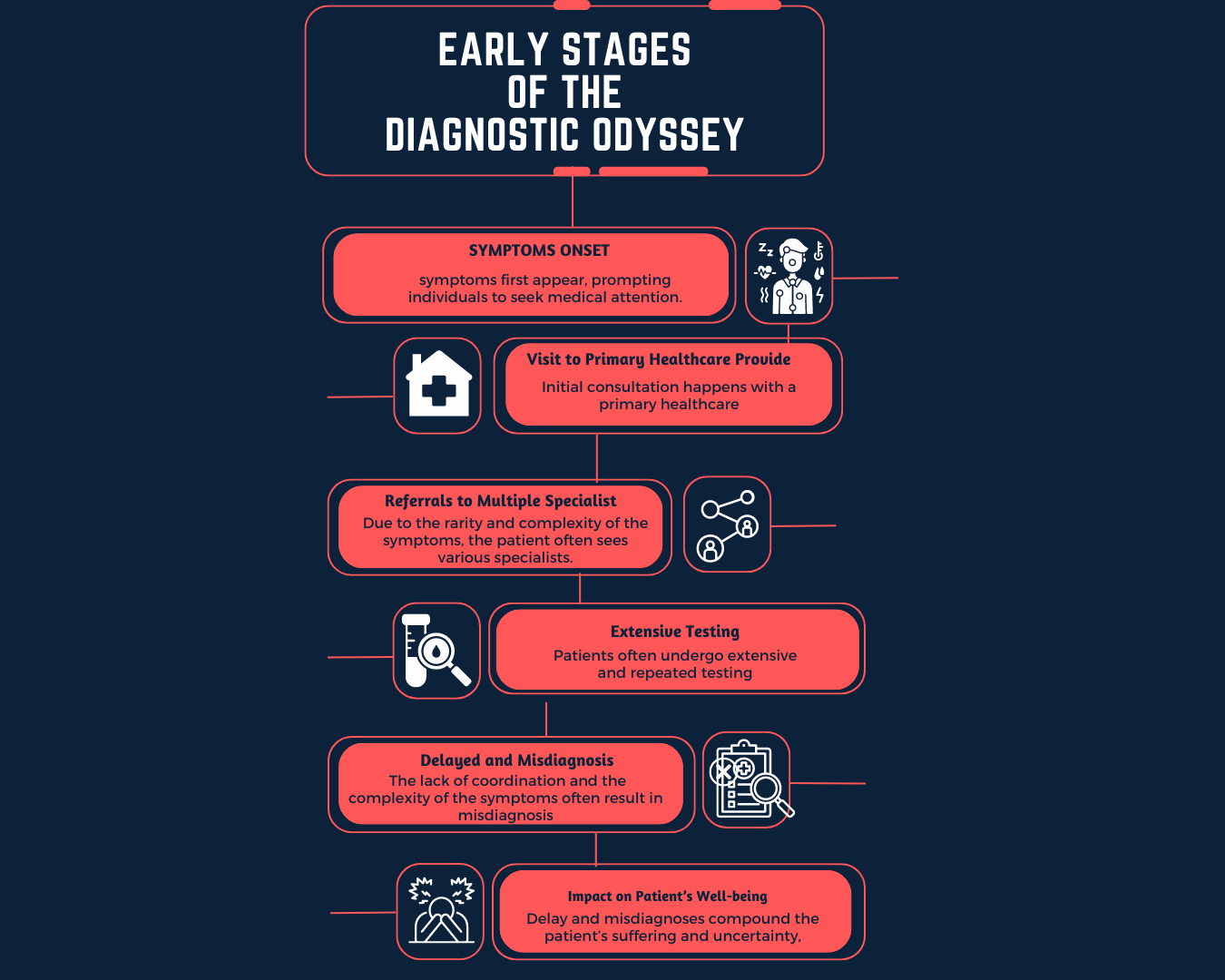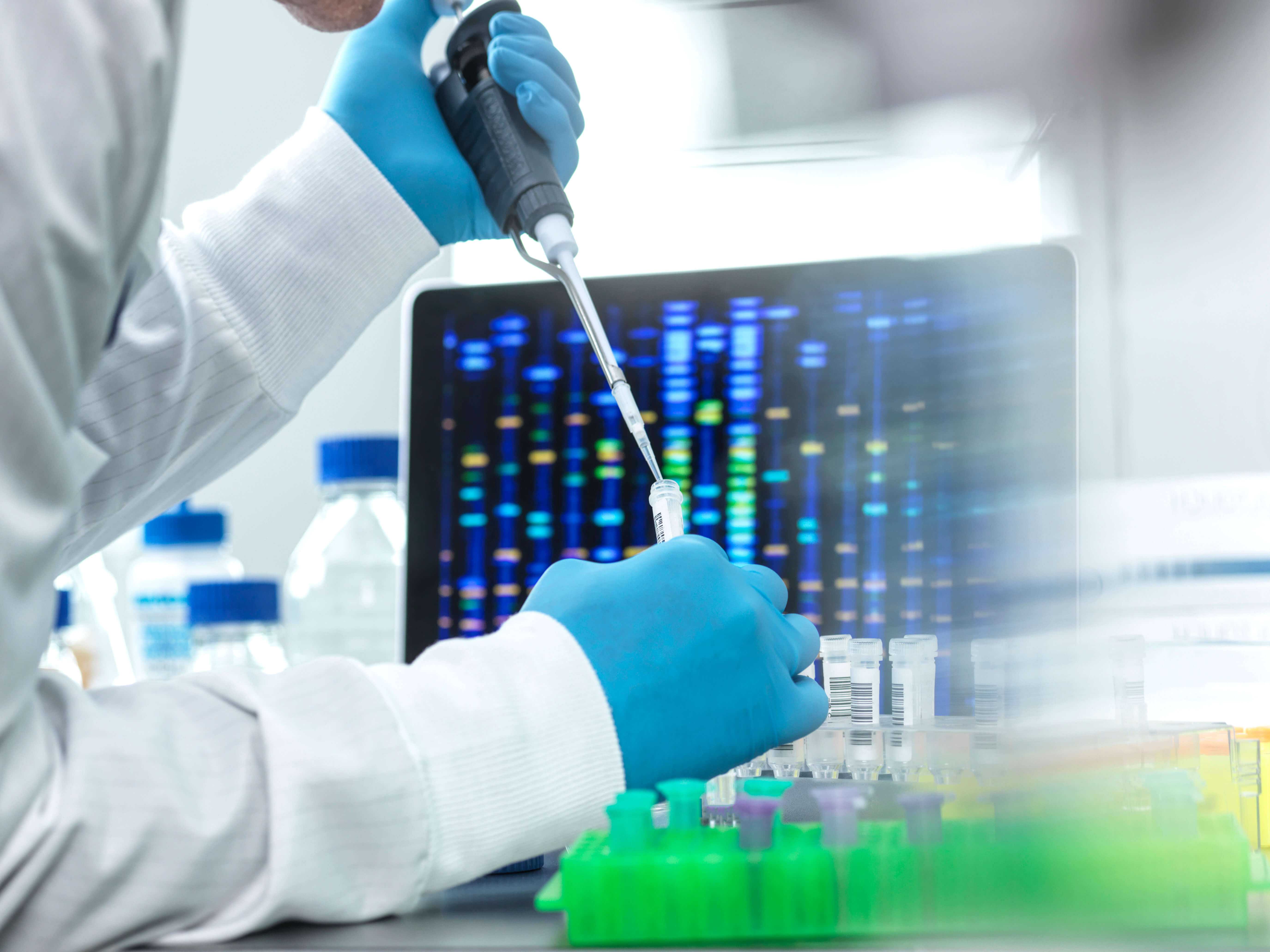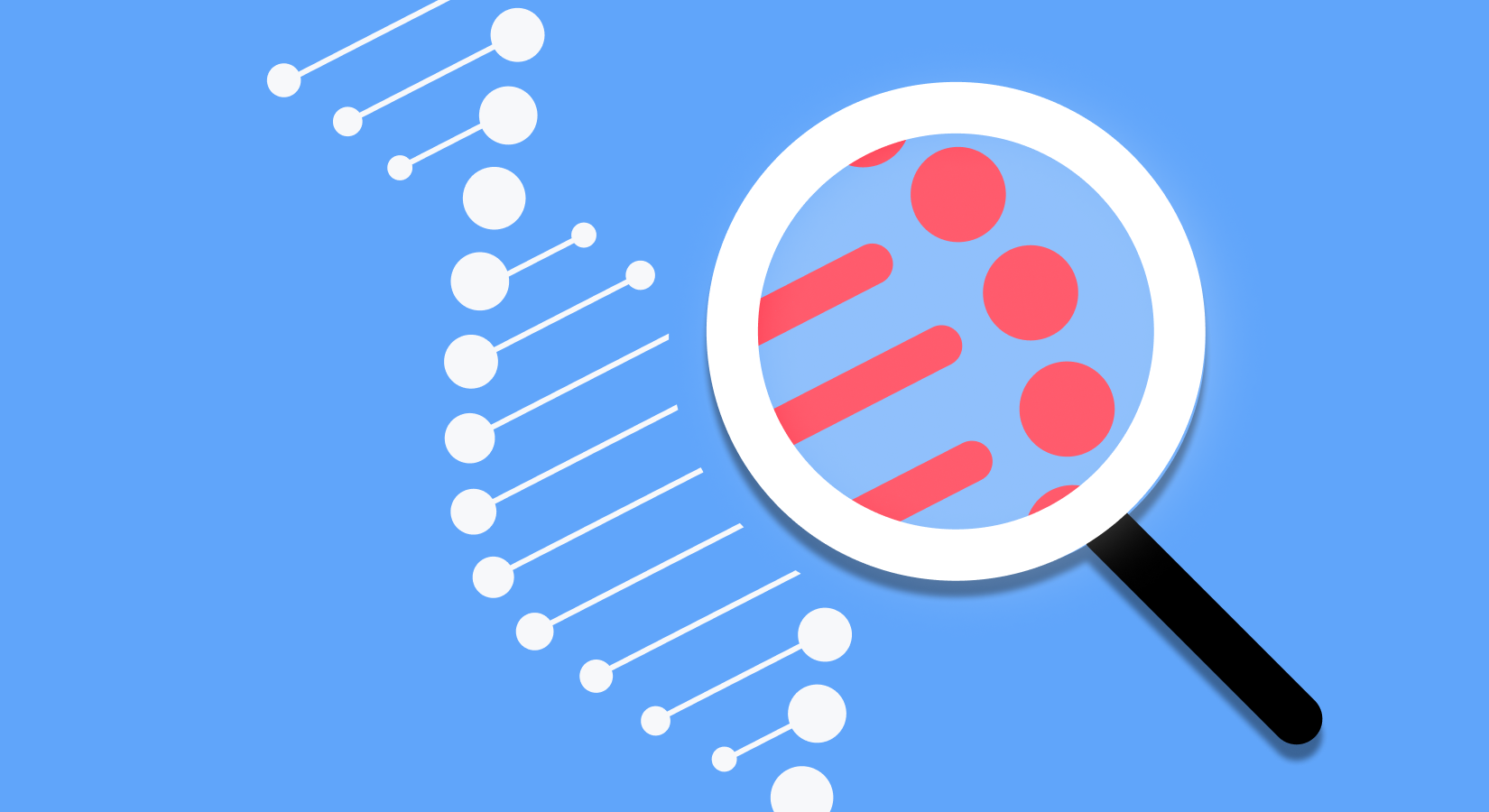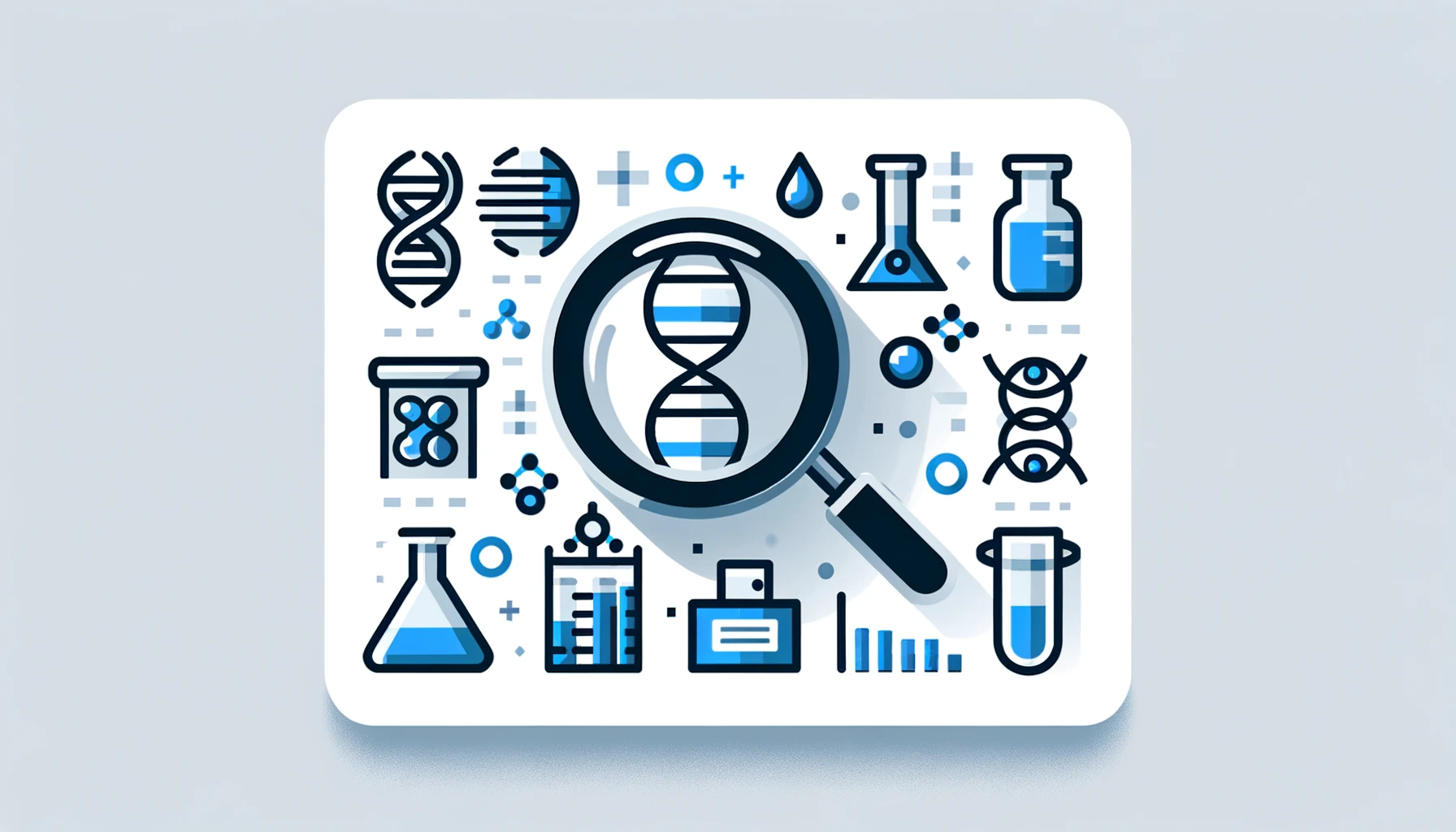Why are rare diseases so hard to diagnose?
In healthcare, every patient has a distinct set of symptoms and experiences that form their own story. Rare diseases especially pose a challenge for even the most experienced doctors as they are difficult to understand. This is not just a clinical problem; it involves scientific, systemic, and societal complexities.
Rare diseases may not be common, but they affect millions all over the world.1 Diagnosis can be complicated as symptoms can resemble those of more widespread illnesses. This can leave patients and their families feeling uncertain, frustrated and on a long quest for answers.2
Exploring the reasons why diagnosing uncommon diseases is difficult is not just a theoretical exercise; it's vital to enhance patient results and progress in medical research. Comprehending the difficulties faced in this diagnostic journey allows us to gain understanding into how healthcare systems, specialists, and researchers can navigate these obstacles more effectively.

The Complexity of Rare Diseases
Defining the Challenge
Rare diseases are unique and defy conventional medical diagnosis. With more than 7,000 known rare diseases, each case can be as unique as a fingerprint, frequently complicating standard clinical presentations. These diseases challenge medical knowledge and stretch current diagnostic methods to their limits.3
Genetic Factors
A big number of unusual diseases are caused by genes, making their diagnosis more complicated. Unlike common diseases with clear diagnostic routes based on symptoms, rare diseases require a more thorough examination of a person's genetic makeup. Unlike common diseases with clear diagnostic routes based on symptoms, rare diseases require a more thorough examination of a person's genetic makeup. This investigation, while becoming more doable with the progression in genetic testing, is still an advanced and resource-demanding undertaking.
Systemic Barriers in Healthcare
Limited Knowledge and Awareness
Rare diseases come in many varieties, which means that even experienced doctors may only see them occasionally. Because of this lack of exposure, doctors might not know much about rare diseases, which can lead to incorrect diagnoses or a long series of tests. Another problem is that the symptoms of rare diseases might not be specific or might change over time, making it even more difficult to diagnose correctly.
Resource Constraints
The diagnosis of rare diseases usually needs advanced expertise and testing, which are not equally accessible across healthcare systems. In various regions, people have limited access to specialized genetic testing, consultations with experts and multidisciplinary care, resulting in unequal diagnosis and treatment. Additionally, the high expenses connected to these diagnostic tools can prevent many patients from obtaining the necessary diagnosis, leaving them in an undetermined state.4,5
The Impact on Patients and Research
Patient Journey
The road to detecting a rare disease can be prolonged and complicated, characterized by multiple visits to medical professionals, numerous medical examinations, and sometimes incorrect diagnoses. This process is not merely challenging from a medical standpoint, as it also has emotional consequences involving the patients and their loved ones. Patients and their families may feel emotionally exhausted because of the uncertainty and disappointment accompanying the quest for an accurate diagnosis, thereby contributing to additional psychological stresses that compound the weightiness of the disease.
Research Challenges
Rare diseases are often overlooked and underfunded compared to more common diseases. This neglect creates obstacles for the development of dedicated diagnostic tools and treatments. The unusual characteristics and infrequency of these illnesses also pose significant challenges in terms of conducting comprehensive research, which in turn delays progress in identifying and managing them.6

The journey to diagnose a rare disease is an intricate and often daunting task, fraught with obstacles both visible and hidden. For patients and healthcare providers alike, navigating this path requires persistence, extensive knowledge, and access to specialized resources.
There is an urgent need for the medical community to come together in addressing these challenges. Collaboration across disciplines, increased awareness and education about rare diseases, and investment in research are crucial in improving diagnostic processes. The development of global networks and databases can also play a key role in sharing knowledge and resources.

3billion is also working with medical practitioners and researchers around the world in this endeavor. We are actively involved in research projects, providing expert counseling for healthcare providers unfamiliar with rare diseases, and reporting newly discovered variants.
Despite the complexities involved, the field of rare disease diagnosis is evolving. With advances in genetic testing, data sharing, and a growing focus on personalized medicine, there is hope on the horizon. The enigma of diagnosing rare diseases is gradually giving way to new possibilities, paving the way for breakthroughs that could transform patient care and medical research.
Learn more about our CAP/CLIA-certified genetic testing services with an brochure exclusively for healthcare providers!






















